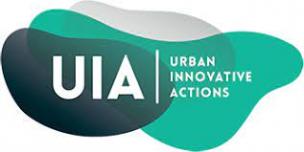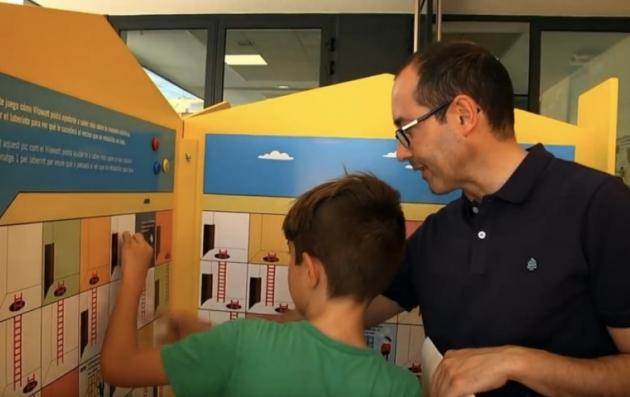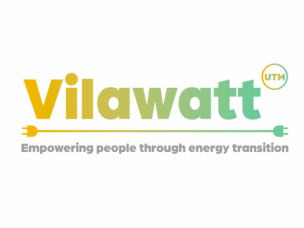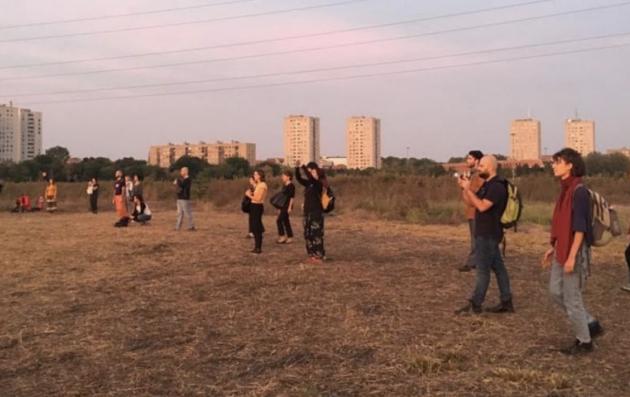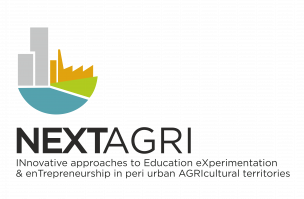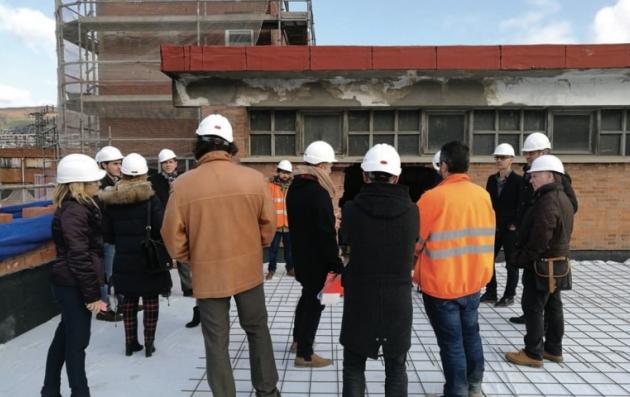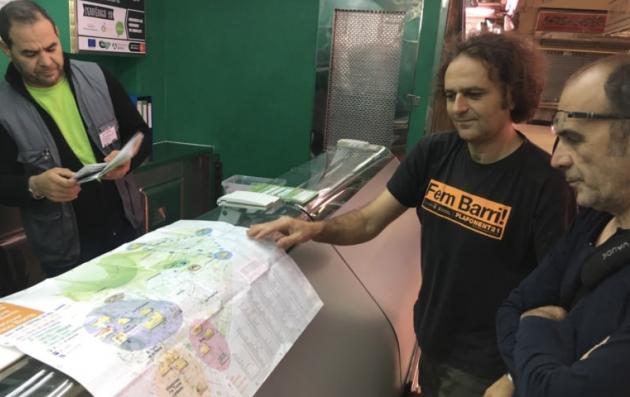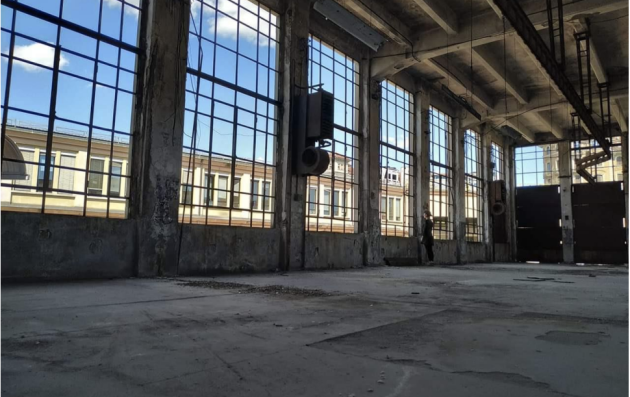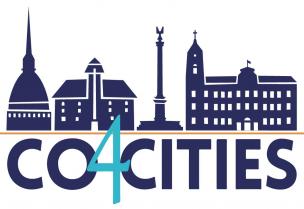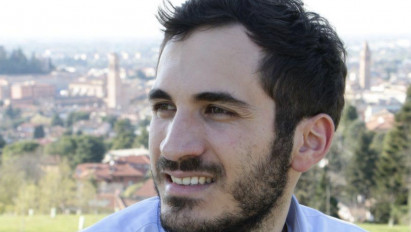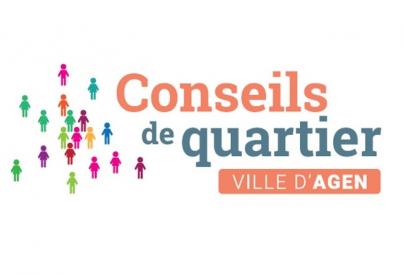U-RLP
Utrecht Refugee Launch Pad
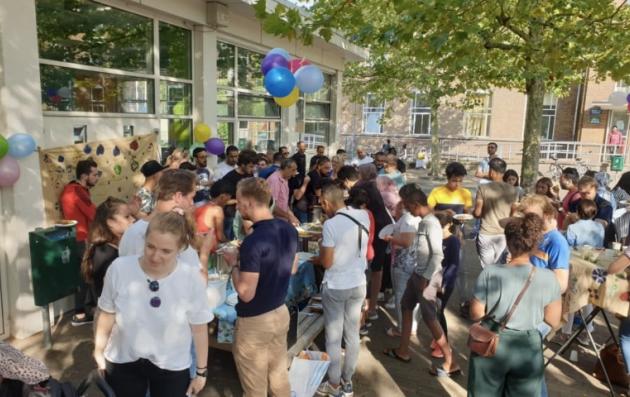
- Social cohesion
- Participative governance
Summary
The increase in the arrival of refugees in 2015-16 and the rise in hostile attitudes towards them required more innovative and effective reception strategies. The aim was to make better use of the time that asylum seekers spent in reception shelters and that these centres would also provide opportunities for neighbors and local community, allowing to counteract negative narratives.
The project housed asylum seekers and refugees in the same complex as local young people. It used co-learning, inviting neighbours to take courses together and engage in social activities in a shared social space. The project aimed to engage with concerns from receiving communities and activate asylum seekers ‘from day one’ by providing opportunities for participants to develop their skills, to enhance wellbeing and improve inclusion and community cohesion in the neighbourhood.
Utrecht's new Integration Plan has been inspired by Plan Einstein and any new asylum shelter to be opened in Utrecht will have to follow the project concept.
Transforming an Emergency Shelter into a vibrant and innovative setting of a shared living, learning and working space that connects from day one refugees, neighbours and the local entrepreneurial ecosystem.
The innovative solution
The ultimate place where asylum seekers will settle is uncertain and integration activities only start when asylum is granted. Emergency shelters are often placed in deprived neighbourhoods, where residents themselves face social and economic problems, facilitating hostile attitudes towards refugees. The challenge is to promote effective inclusion starting immediately upon refugee’s arrival, regardless of the country they end up living in, and promoting social acceptance of refugees in local communities.
Main solutions implemented: offering a combined community housing and shelter concept, with a wide range of social and cultural activities connecting local citizens and asylum seekers, focusing on common goals and the needs of the neighbourhood; providing International Entrepreneurship Training, English courses and peer to peer coaching by successful social entrepreneurs and corporations; offering an Incubator space for new business startups; reframing refugees’ broken narratives to more positive and hopeful narratives, whatever the outcome of their application.
A collaborative and participative work
The project integrates social, legal, academic, psychological, economic and political dimensions. That’s why it has combined the expertise of the City and the Dutch Refugee Council on the reception of asylum seekers, together with NGOs and social enterprises and research and educational institutions to provide evidence-based to such an innovative project.
The most effective participation processes have been those that have encouraged cooperation between the different target groups (asylum seekers, youngsters and local neighbours) based on equality, common objectives and interests and the recognition and contribution of the different skills and talents, that has helped to foster a common and shared sense of belonging.
The impact and results
The project management adopted a horizontal network arrangement based on a principle of cooperation and equality. This approach together with some delays, unexpected changes and the complex collaboration with the central government have posed some challenges that have been tackled from the capacity for adaptation and flexibility of the team and the creation of new roles and spaces for coordination between all the partners, that continue working together in the new phase of the project.
The external evaluators identified some relevant results: the Project had positive impact in generating good relations in the neighbourhood; participants were able to use Plan Einstein as a helpful means of starting to make the transition to the labour market by increasing their skills and networking; residents in both the Shelter and neighbourhood experienced greater levels of mental well-being by improving psychological health and encouraging more social connection and productive time-use.
Why this good practices should be transferred to other cities?
The challenge of reception and inclusion of asylum seekers is shared by many European countries. The rise of populist discourses and xenophobic narratives threatens fundamental values and reinforces social polarisation. Cities are key actors in providing innovative responses in favour of inclusion, human rights and coexistence.
The project has shown that promoting inclusion from day one by connecting asylum seekers with neighbours, sharing spaces, activities, training and projects to address the needs of the neighbourhood can have positive impacts for all.
The project is relevant to asylum seekers who spend months in reception centres, being able to use this time to develop new skills, participate in activities and build social networks. But it is also relevant for local neighbours who can take advantage of new services and training, and for the city as a whole which can better take the opportunities posed by diversity and avoid the costs linked to segregation, exclusion or racism.
The project's approach is very transferable, because despite the differences in context between cities and countries, what it does is adapt the principles of integration or interculturality to the first phase of reception, by building a diverse network of local actors who collaborate for a common goal.

